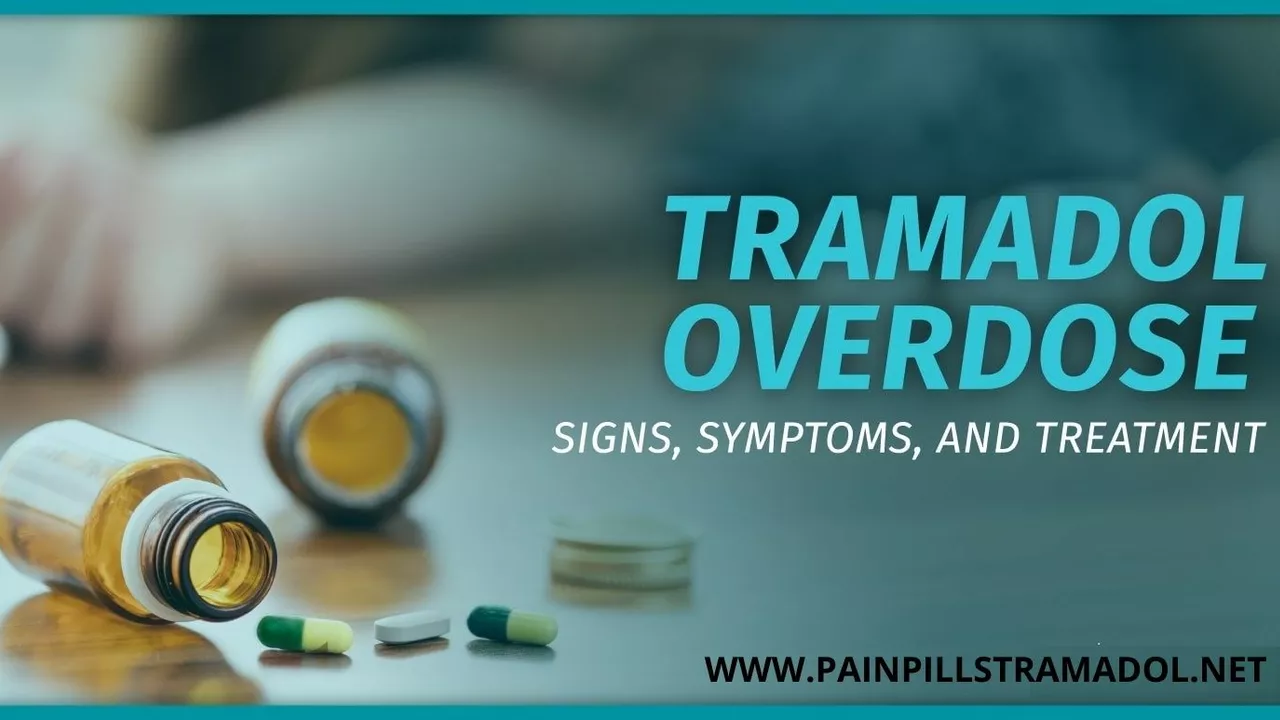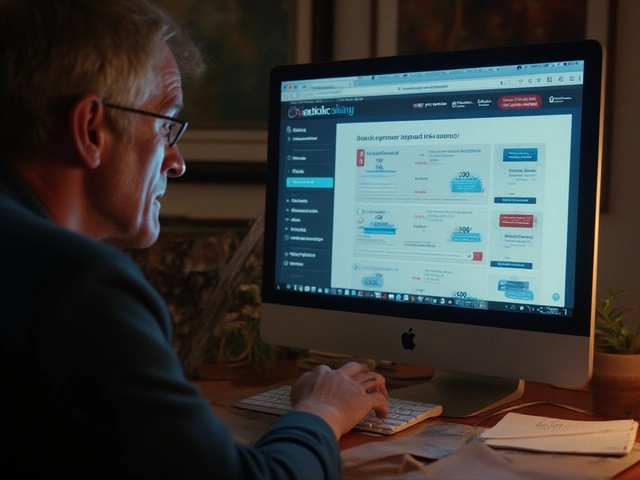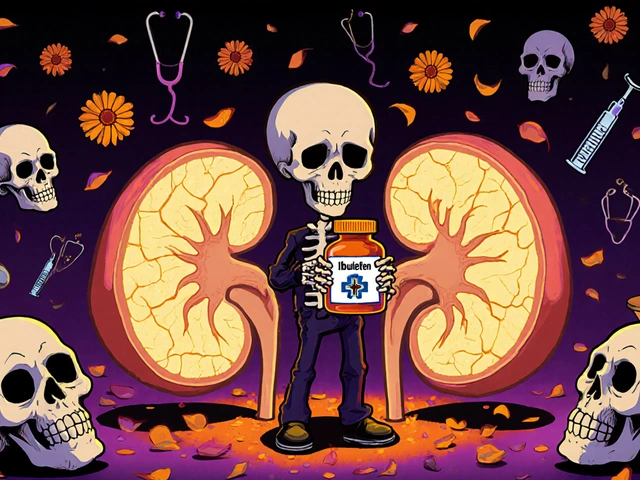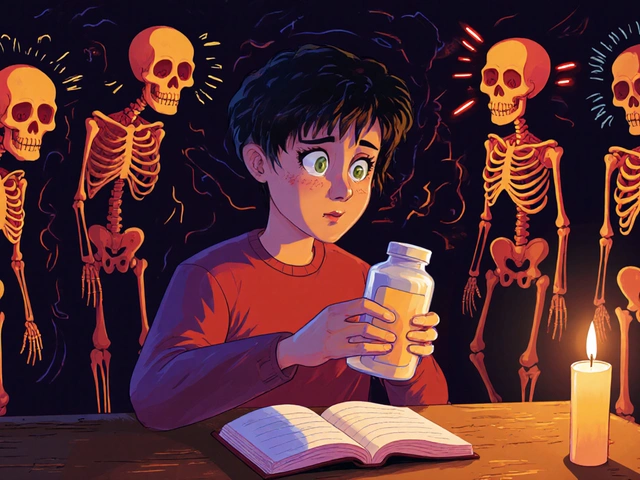Cefaclor Overdose: Signs to Watch For and What You Should Do
Accidentally taking too much cefaclor can be scary, but knowing the key signs and immediate steps helps you act fast. Cefaclor is a cephalosporin antibiotic used for ear, throat, and skin infections. In overdose, effects usually come from high blood levels or reduced kidney clearance.
Recognize the signs
Early symptoms are often stomach-related: nausea, vomiting, and diarrhea. Severe diarrhea that is bloody or has a strong smell may mean C. difficile infection — get medical help right away. Neurological signs can occur, especially if kidneys aren’t working well: confusion, drowsiness, tremors, or seizures. Watch for allergic reactions too — hives, trouble breathing, swelling of face/lips — which need emergency care.
Less common signs include low blood pressure, fast heartbeat, and dizziness from dehydration if vomiting or diarrhea is severe. If you notice any sudden, unusual symptoms after an overdose, treat them as urgent.
What to do right away
First, stay calm and remove any remaining pills or liquid to prevent more from being taken. Do NOT try to make someone vomit unless a poison control expert or doctor tells you to. Call your local emergency number if the person is unconscious, having seizures, having trouble breathing, or showing signs of a severe allergic reaction.
Contact your local poison control center for guidance. In the U.S. you can call 1-800-222-1222 for fast advice. Be ready to give: the person’s age and weight, how much cefaclor was taken, when it happened, other medicines or alcohol involved, and known kidney issues or allergies.
At the hospital, treatment is supportive. Doctors may give IV fluids for dehydration, monitor heart and breathing, and treat seizures if they occur. Activated charcoal might be used if the overdose was very recent and a provider recommends it. In severe cases, and especially if kidney function is poor, doctors may use hemodialysis to remove the drug.
Tell clinicians about interactions: drugs like probenecid slow cefaclor clearance and raise risk of toxicity. Also mention any recent antibiotics or OTC medications taken.
Prevention is simple but effective: follow the prescription dose and schedule, double-check bottles before taking medicine, keep antibiotics in their original packaging, use pillboxes if you take many drugs, and store meds out of reach of children. If you have reduced kidney function, remind your prescriber so they can adjust the dose.
If you ever doubt whether a dose is too high, call poison control or your doctor. Quick action and clear information to healthcare providers make the best outcome more likely.

In my research about Cefaclor overdose, I found that symptoms may include nausea, vomiting, and diarrhea. Immediate medical attention is vital as these symptoms could escalate. The treatment primarily involves supportive care, focusing on managing the symptoms. To prevent such an occurrence, it's crucial to adhere to the prescribed dosage and schedule. Always consult with a healthcare provider if you're unsure about your medication regimen.
Chris Gore Jul 21, 2023




